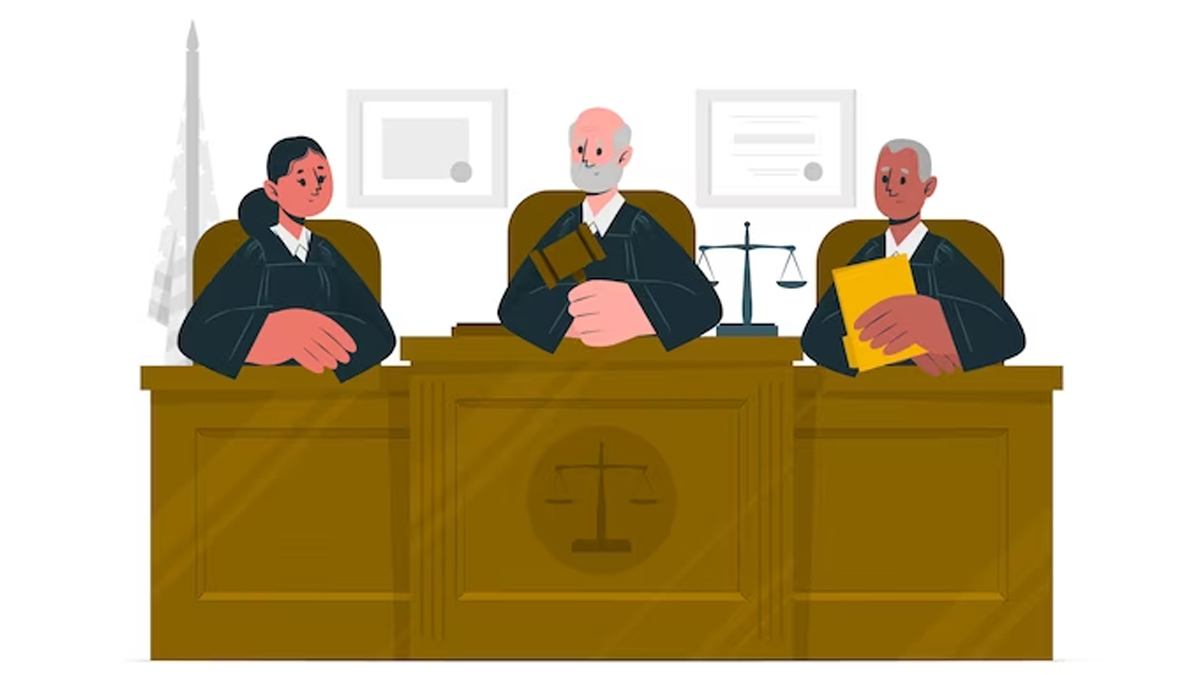The “Kelsen Pure Theory of Law” is one of his most significant contributions. This theory is also sometimes referred to as the “Pure Theory of Law” or simply “Kelsenian Legal Positivism.”
Key principles and concepts of Kelsen’s Pure Theory of Law include:
- Normativity: Kelsen argued that law is fundamentally a system of norms. These norms are hierarchical and create obligations for individuals and institutions within a given legal system.
- Hierarchy of Norms: Kelsen proposed a pyramid-like hierarchy of norms. At the apex of this hierarchy is the “Basic Norm” (Grundnorm), which is a foundational norm that gives authority to the entire legal system. Below the Basic Norm, there are various levels of norms, including constitutional norms, statutory norms, and administrative norms.
- Validity: For Kelsen, the validity of a norm is determined by its derivation from a higher norm. In other words, a norm is valid if it is created in accordance with the rules and procedures established by a higher norm. This creates a self-contained and closed legal system.
- Separation of Law and Morality: Kelsen advocated for the separation of law and morality. He believed that the validity of a legal norm is not contingent on its moral content. Legal norms should be analyzed and evaluated based on their internal legal criteria, not on whether they conform to moral principles.
- Legal Science: Kelsen argued that legal science should be a descriptive and objective discipline. Legal scholars should focus on analyzing and understanding the structure of legal systems and the relationships between norms, rather than making moral or political judgments.
- Critique of Natural Law: Kelsen’s theory was developed partly in response to natural law theories, which he criticized for mixing law and morality. He believed that a pure theory of law, based on the concept of norms and hierarchy, provided a more precise and objective framework for understanding law.
Kelsen’s Pure Theory of Law had a significant influence on legal philosophy and jurisprudence in the 20th century and continues to be studied and debated by legal scholars. However, it has also faced criticism and alternative interpretations over the years, particularly regarding its strict separation of law and morality and its treatment of legal norms as purely formal constructs.
